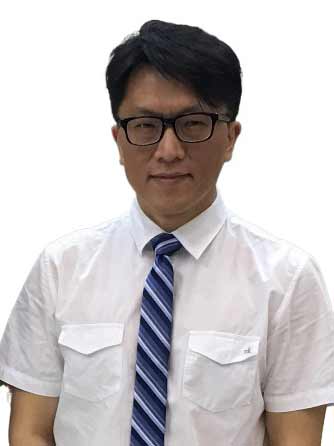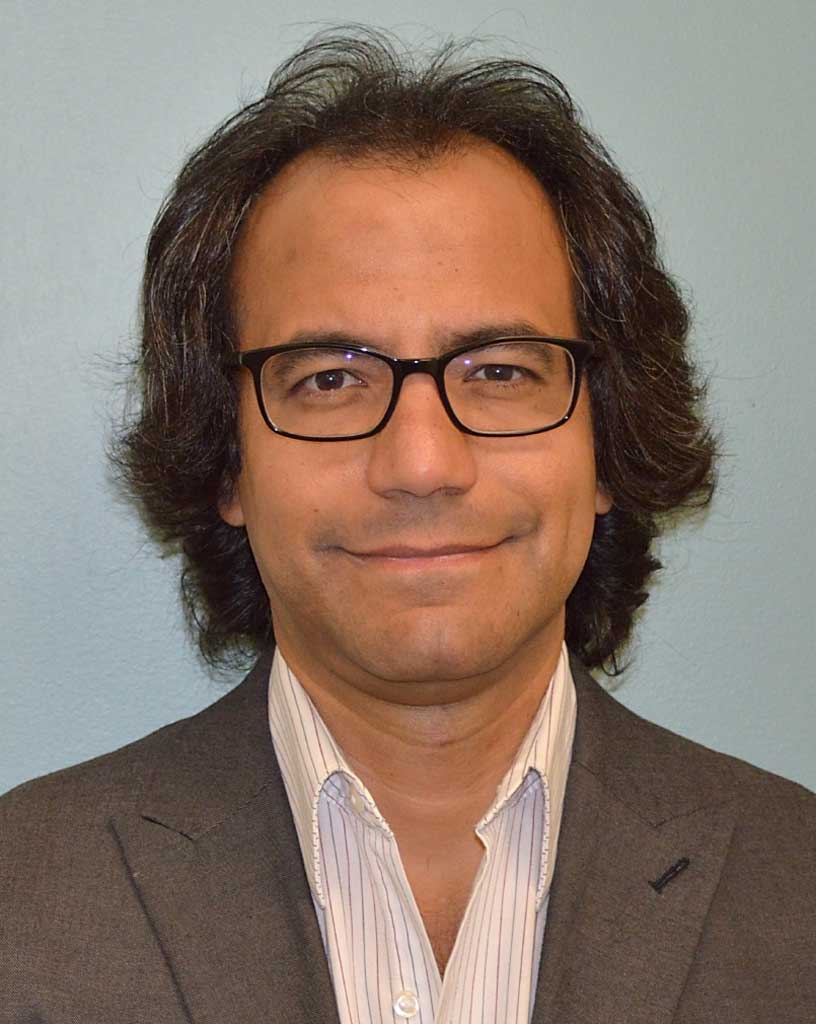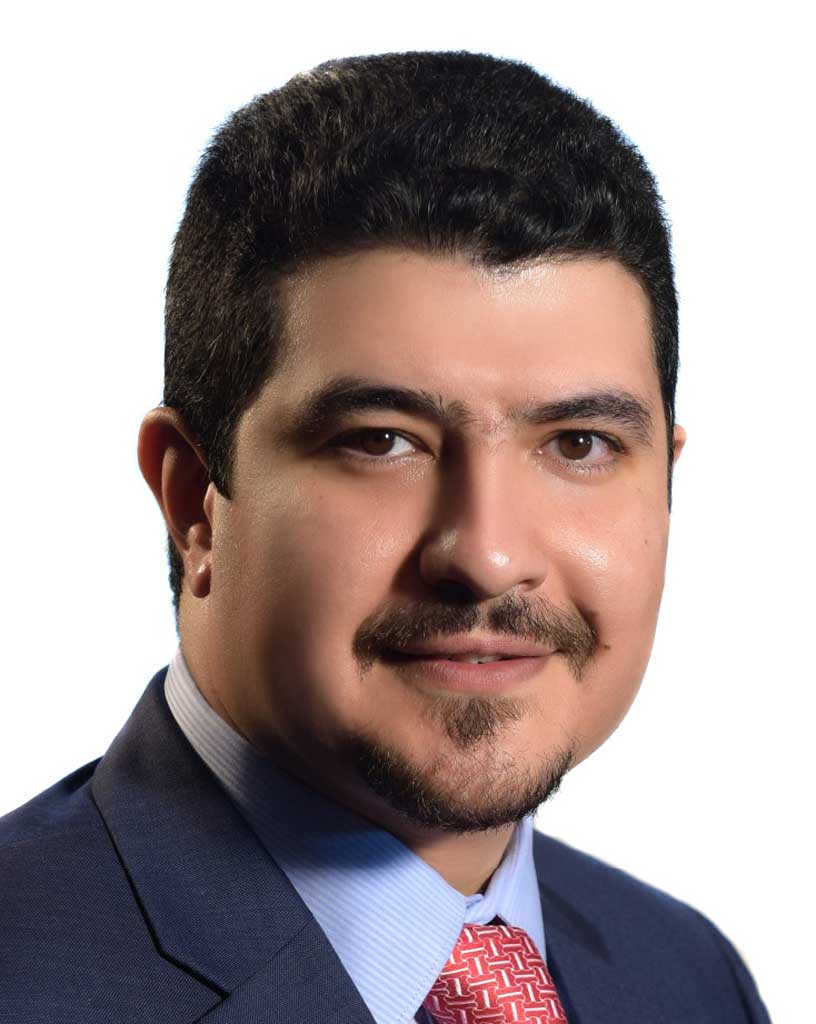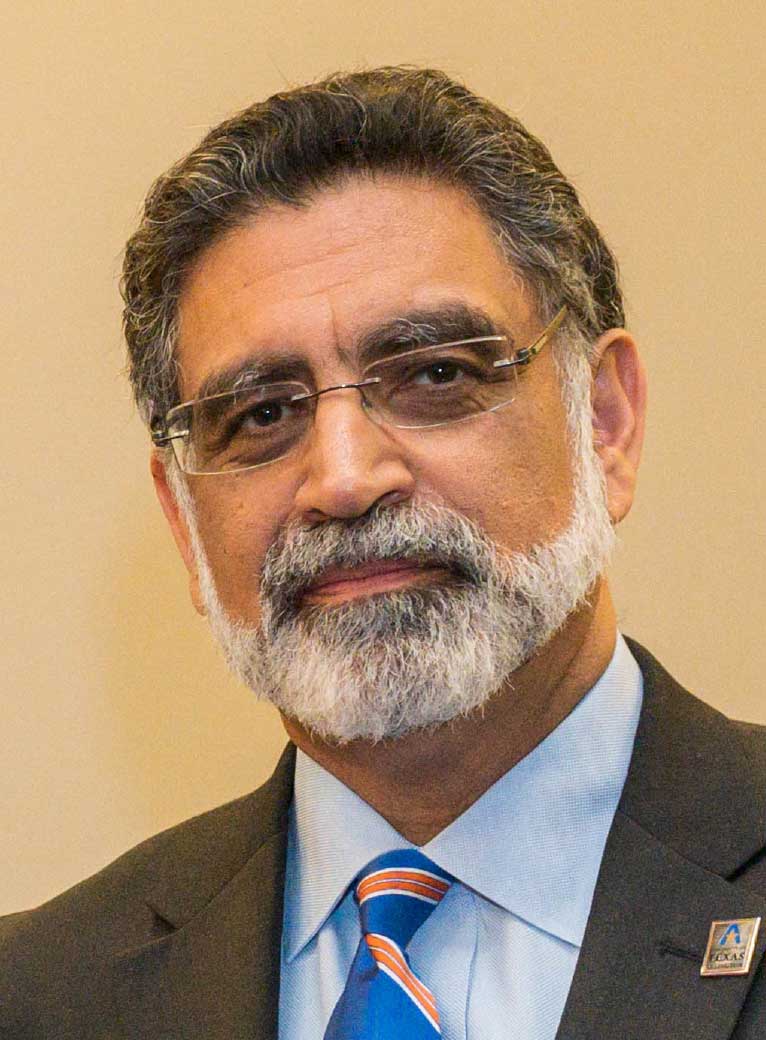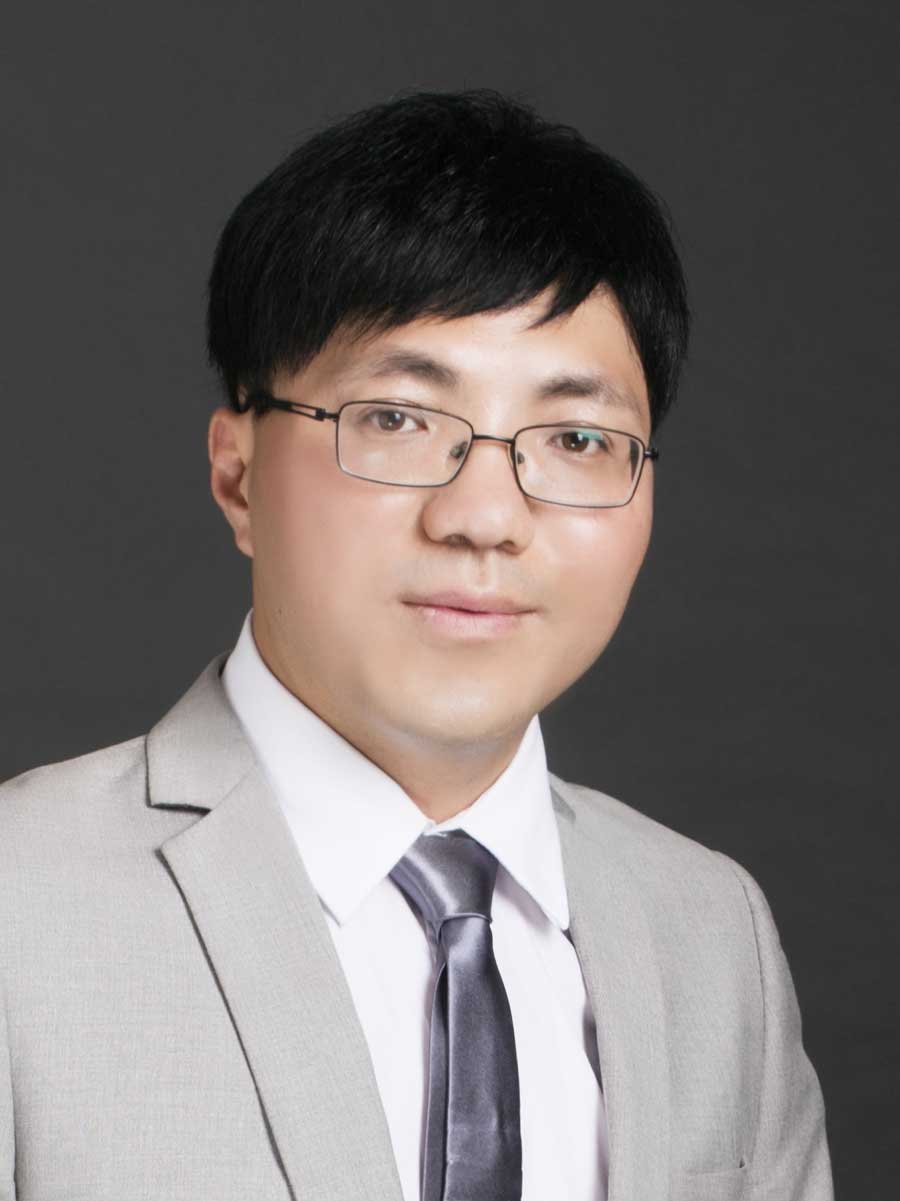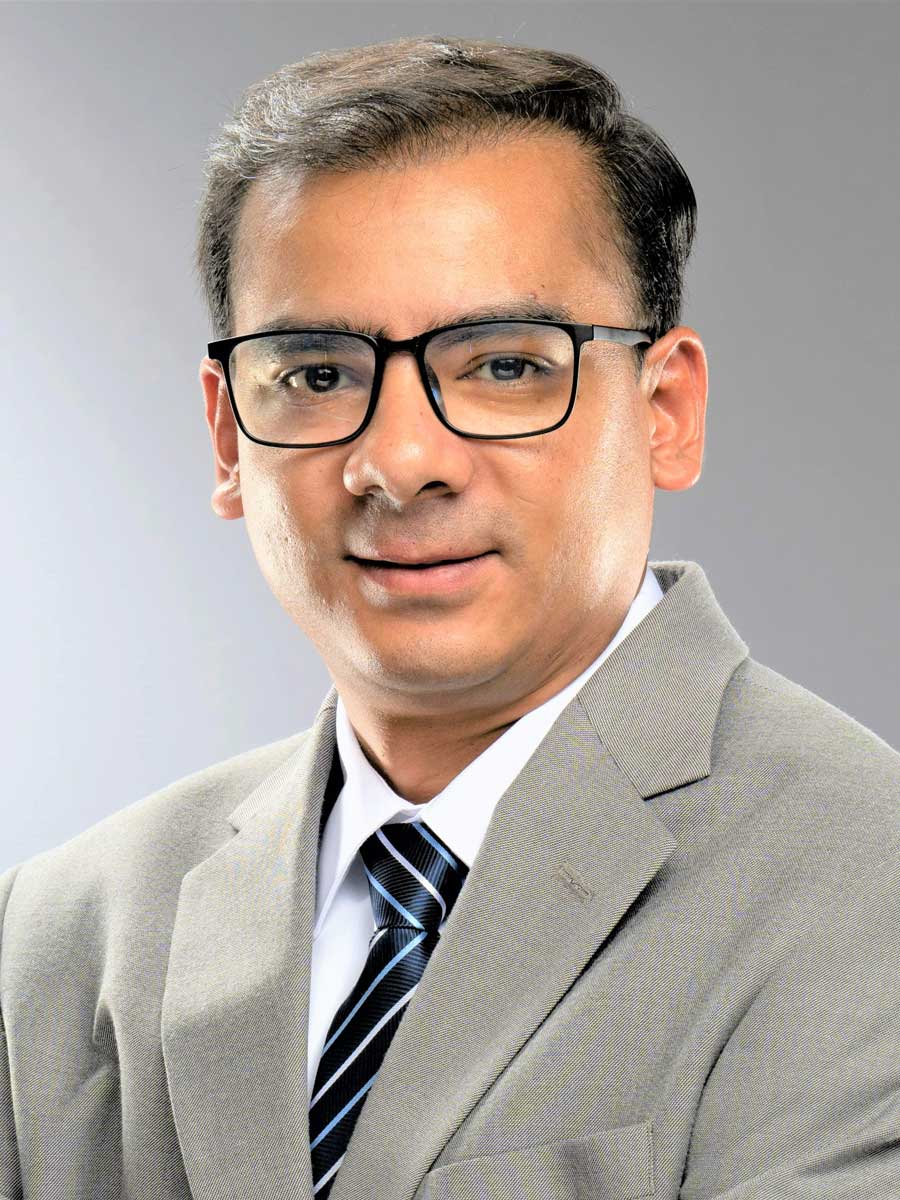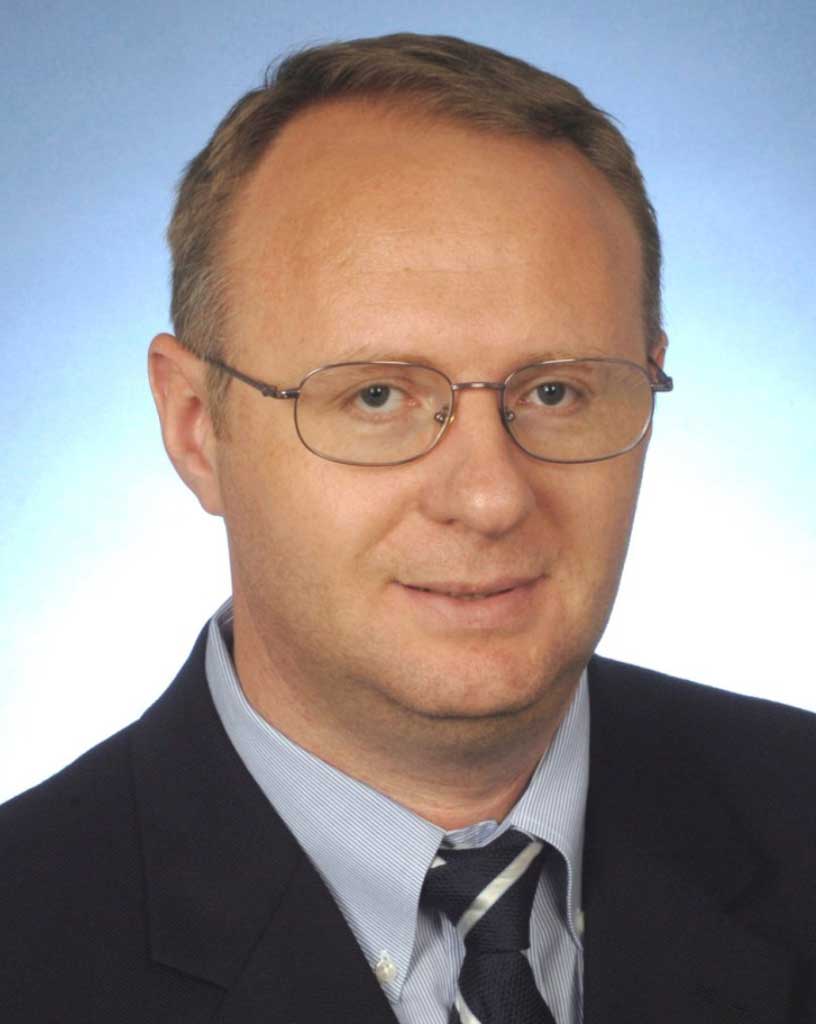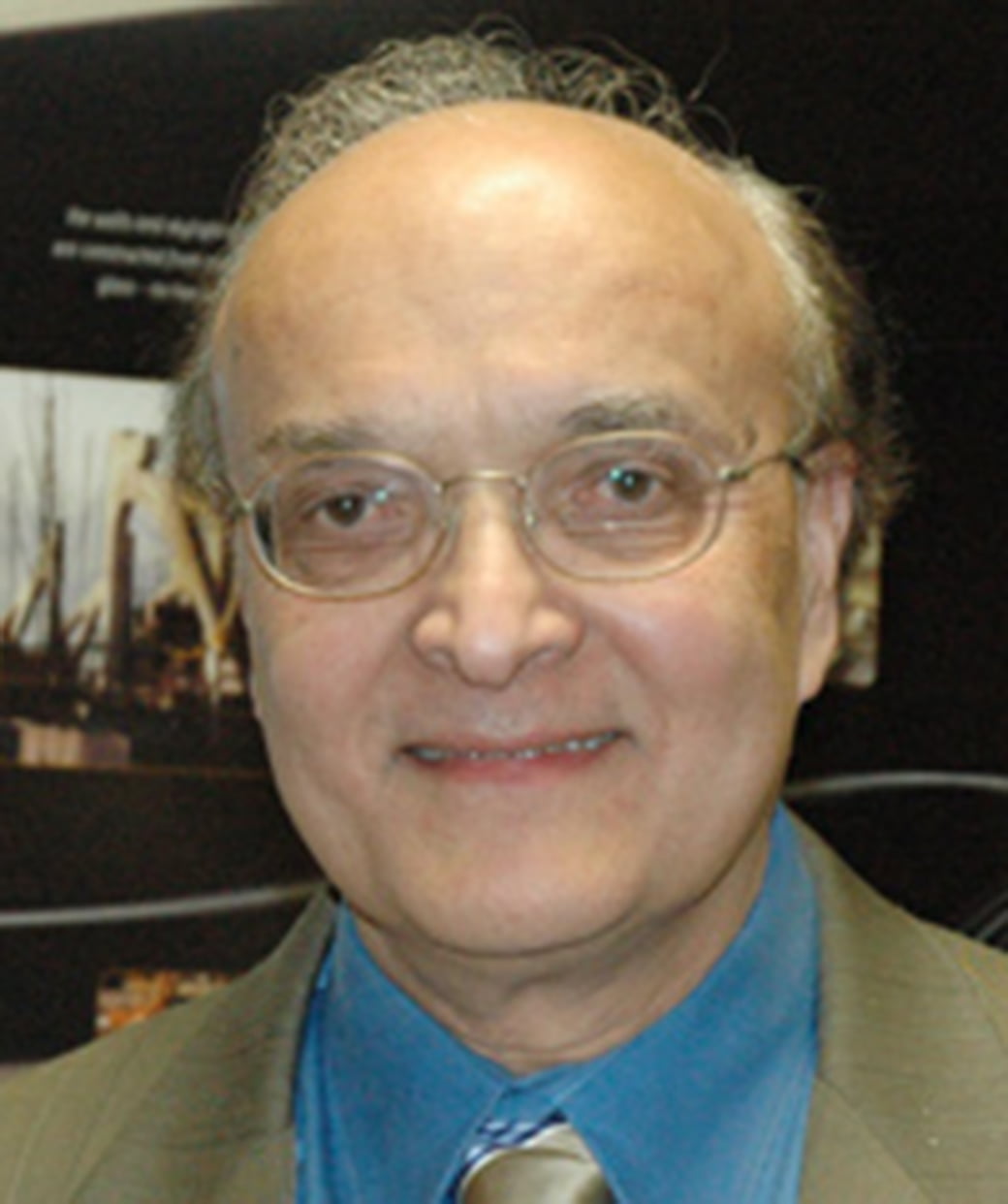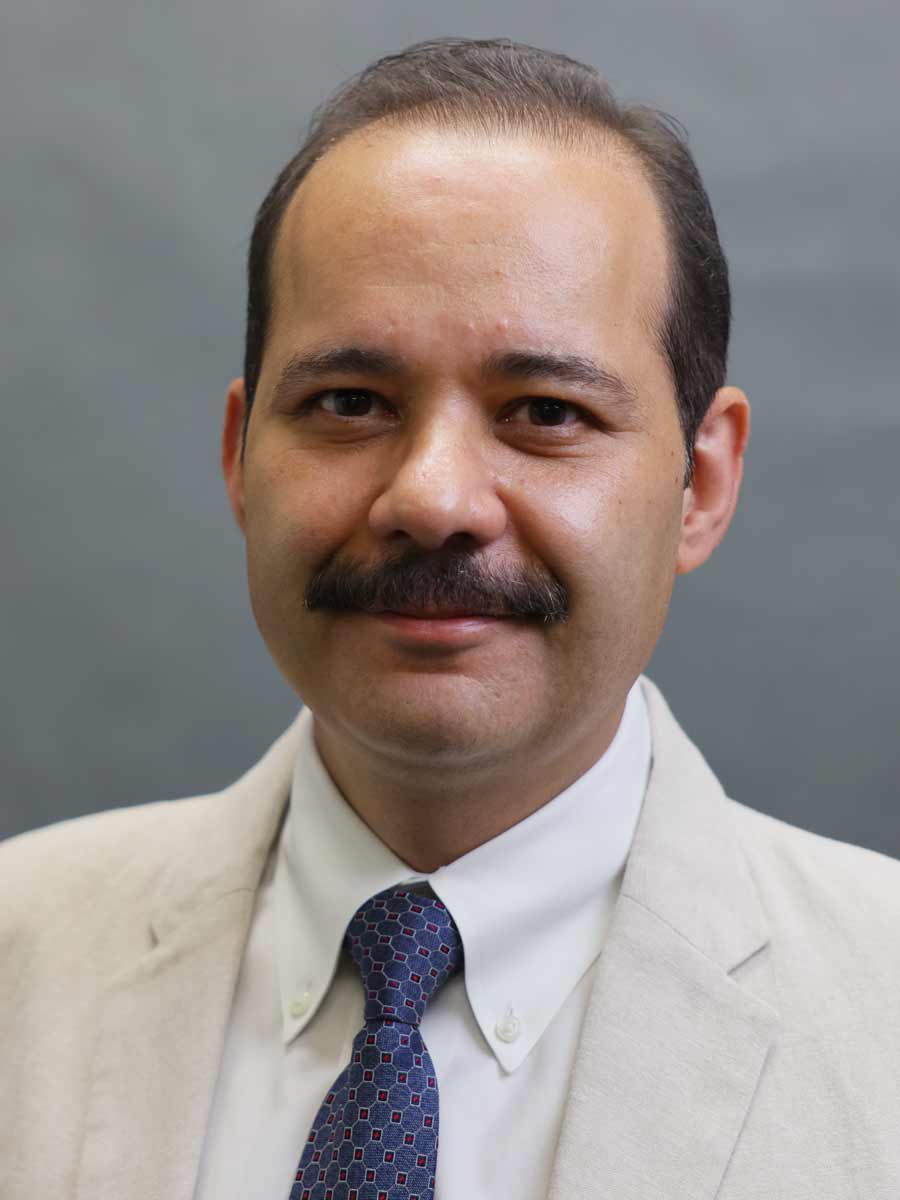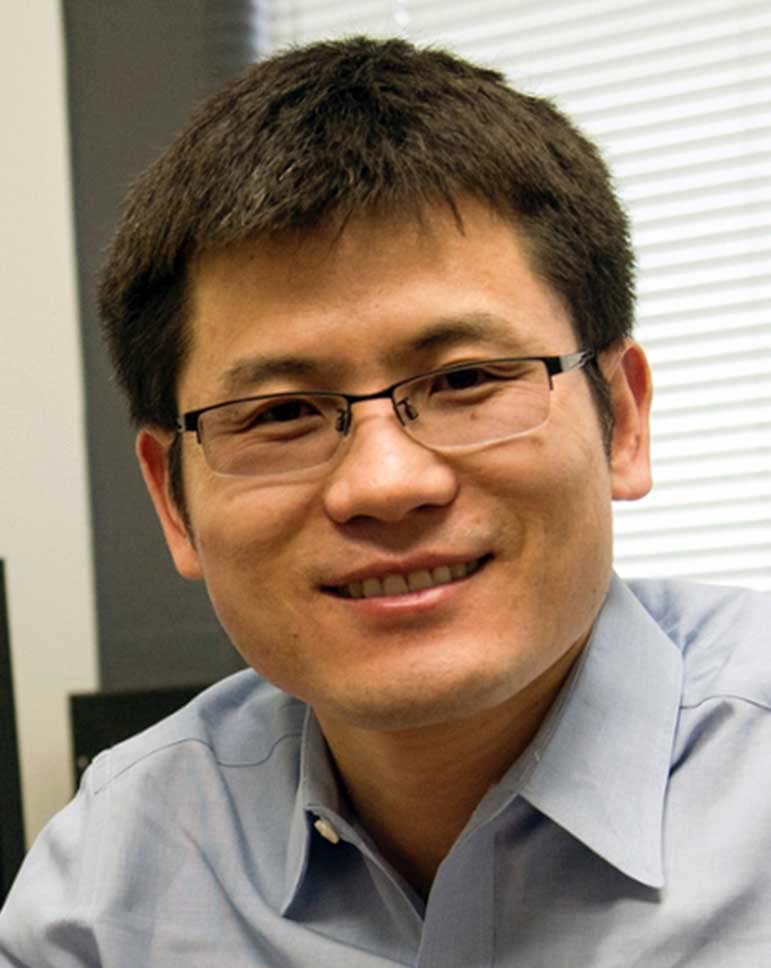634 Nedderman Hall
Box 19019
416 Yates Street
Arlington, TX 76019-0019
Built Infrastructure
Recent Highlights

Solid Waste Institute for Sustainability (SWIS)
The mission of the Solid Waste Institute for Sustainability (SWIS) is to develop clean and healthy urban cities through sustainable waste management.
Resources
Accelerated Pavement Testing Center
The APT loading device used is the Pavement Testing Machine (PTM) machine, which is a transportable linear device capable of applying single axle loads up to a nominal 36,000 pounds in uni-directional and bi-directional modes, at speeds up to 5 mph. The test pavement length on which the speed of the axle is constant is 20 ft. with optional transverse wander over 30 in. Up to 600 axle loads can be applied in one hour. A fully enclosed environmental control chamber is used for temperature control. The PTM can be easily transported to allow in-situ testing.
Center for Advanced Construction Materials (ACM)
ACM is a state-of-the-art interdisciplinary, civil engineering and materials science University Center of Excellence for developing, characterizing, and testing innovative and smart materials for the infrastructure. Researchers design and implement the use of sustainable and smart materials; address the societal needs of infrastructure and new types of construction; and create new pathways for a circular economy for the construction industry.
Center for Underground Infrastructure Research and Education (CUIRE)
The Center for Underground Infrastructure Research and Education is a university/government/industry cooperative research center which provides national and international leadership in research, outreach and education activities which enhances cost effectiveness, construction productivity, environmental improvement and renewal of the aging underground infrastructure.
Solid Waste Institute for Sustainability (SWIS)
SWIS is an Organized Research Center of Excellence dedicated to developing clean and healthy urban cities through sustainable waste management. SWIS combines science, engineering, and social science expertise to develop new methodologies and solutions that allow researchers to explore international paths to sustainable waste management. SWIS works for a better future by developing sustainable solid waste management that incorporates the economy, people and environment which will be beneficial to all.


